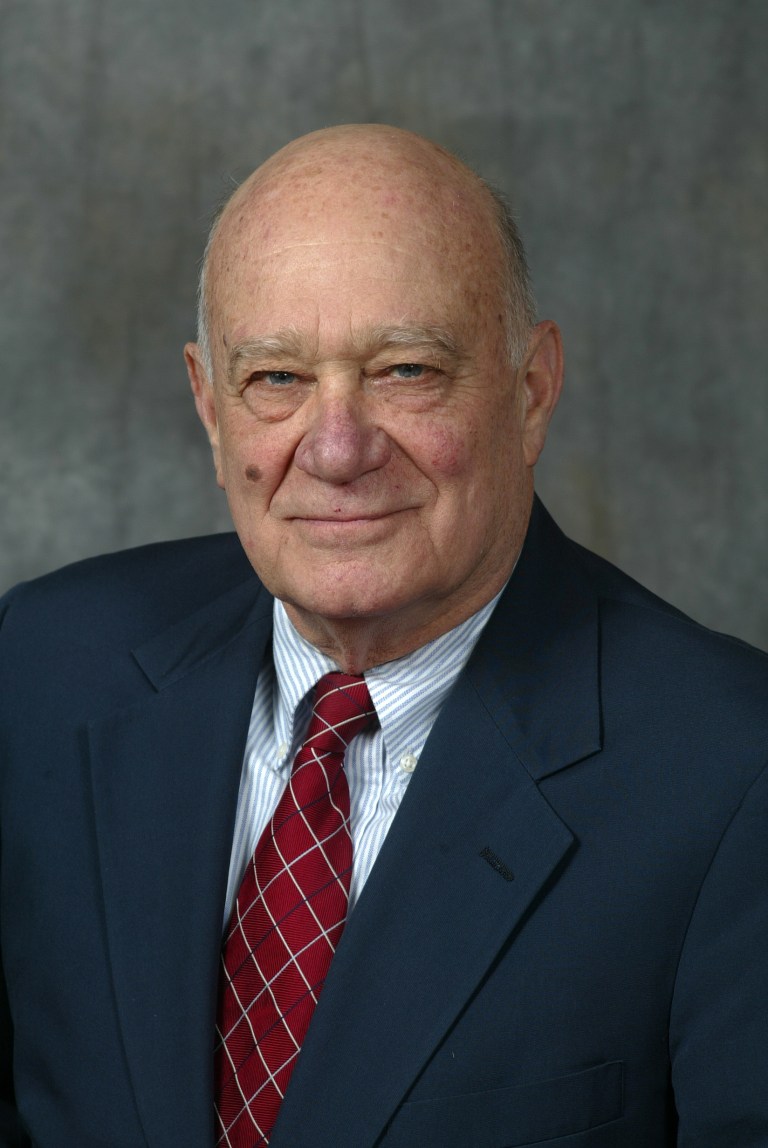
Immigration policies and practices have been vexing, polarizing challenges to Americans for decades.
Many years ago, I heard an eminent historian argue that when human events get into a twisted logjam, the only way it might be unstuck is with violence. I was appalled by that view when it was espoused in the 1950’s; I still reject it.
Unfortunately, we now have too many hate-mongers who seek to alter the social landscape with violence. We’ve seen the Nazis in Charlottesville chanting “Jews will not replace us.” We’ve seen the killer at the Pittsburgh synagogue who blamed HIAS and Jews for the rise of immigration and the decline of the U.S. (as he proudly affirmed the Trump MAGA slogan). And, this past week, another armed extremist (who was arrested) vowed to “keep America white” and threatened a “civil war” if there were an attempt to impeach Trump.
Our nation urgently needs creative approaches to many issues; a key one is immigration, which has been at the core of our national identity since the first settlers arrived in the “new world.”
In its recent National Issues Forums booklet, the nonpartisan Kettering Foundation presents a framework: “Becoming American: Who Should We Welcome, What Should We Do?”
At Hofstra University, we have applied for a grant from the Herman Goldman Foundation to implement Long Island forums that will have a distinctive approach.
We will ask citizens who participate in the forums to agree to engage in a two-part sequence: first, in deliberative discourse, using the newest NIF booklet, “A House Divided: What Would We Have to Give Up to Get the Political System We Want?” (2019).
After addressing the challenges of divisions and partisanship in the first forum, we will then consider immigration issues on a separate day.
Our intent is to encourage folks to focus first on citizenship responsibilities, how to strive for the common good and for civil, respectful ways of discourse, even when there are significant differences in values and affiliations.
Will citizens who go through a two-hour forum of this nature be better — and more attentively — disposed to address the ongoing, vexing immigration issue in the next two-hour forum?
We recognize that these are brief experiences; it may be unrealistic to expect substantial change from limited encounters.
However, part of our distinctive approach is to prepare a team of our best college students (our “civic discourse fellows”) to serve as co-moderators for the two-part sequence.
We believe that folks of all ages (coming to our forums at colleges, schools, public libraries, community groups) will be welcoming of young people in a leadership role who strive to help our society move beyond its citizenship discontents.
Our civic discourse fellows will learn about deliberative forums, first as participants, with experienced faculty serving as moderators, and then they will practice nonpartisan moderating themselves. Hofstra’s Institute for Peace Studies is sponsoring the project.
We recognize that not just young people, but any leaders can be strengthened by partnering.
The Hofstra goals are affirmed in a recent New York Times analysis: “A New Country for Conflict Resolution Experts: The U.S. — Applying Profound Listening to Help Bridge the Political Divide.”
A new book by Beth Silvers and Sarah Stewart Holland also speaks to our themes: “I Think You’re Wrong but I’m Still Listening: A Guide to Grace-filled Political Connections.”
At Hofstra, we have been privileged to work with Kettering and NIF for thirty years. We have seen the affirmative, empowering effects of deliberative forum experiences.
A challenge for the entire nation is to bring more citizens into this kind of civic activity.
The structure and process of the forums developed by NIF and Kettering are meant to resemble a jury process of deliberation — a careful weighing of reliable data in the quest for making informed public judgments.
Each of the NIF booklets provides at least three options for the issue under examination. There is always room for participants to propose a 4th or 5th option, and ways to use a “parking lot” for disagreements about data that cannot be immediately resolved, but will be checked and shared later.
On Long Island, and throughout the nation, folks who have participated in NIF forums have been highly positive about the process and how it enhances engaged and interactive citizenship.
Because our nation is so physically huge, with a vast population, and with more than one hundred 50 ethnic groups, no thoughtful person will underestimate the challenges of reaching common sense immigration accords.
In my next column, I will proceed (admittedly, with all deliberate speed) to examples of immigration policies and actions, and to how the Hofstra endeavor could have national implications.
Do let me know if your group has an interest to participate in the Hofstra two-forum process.






